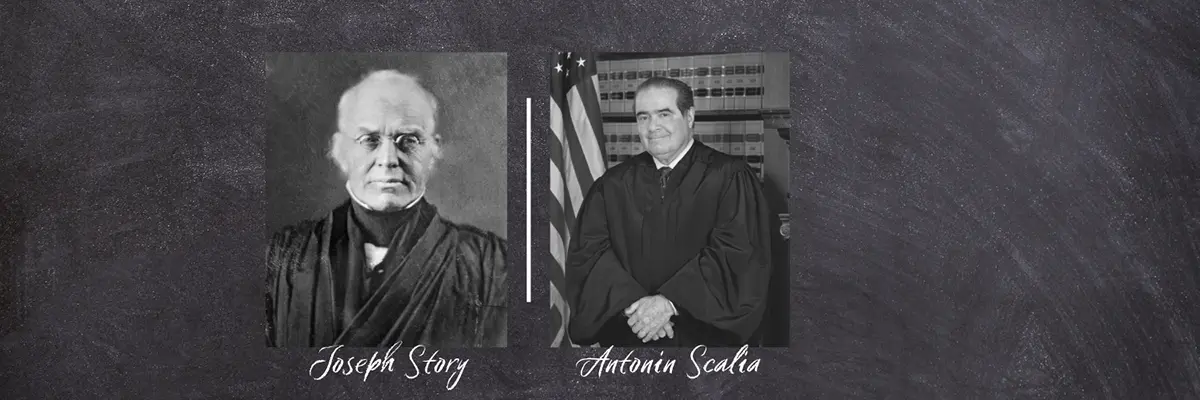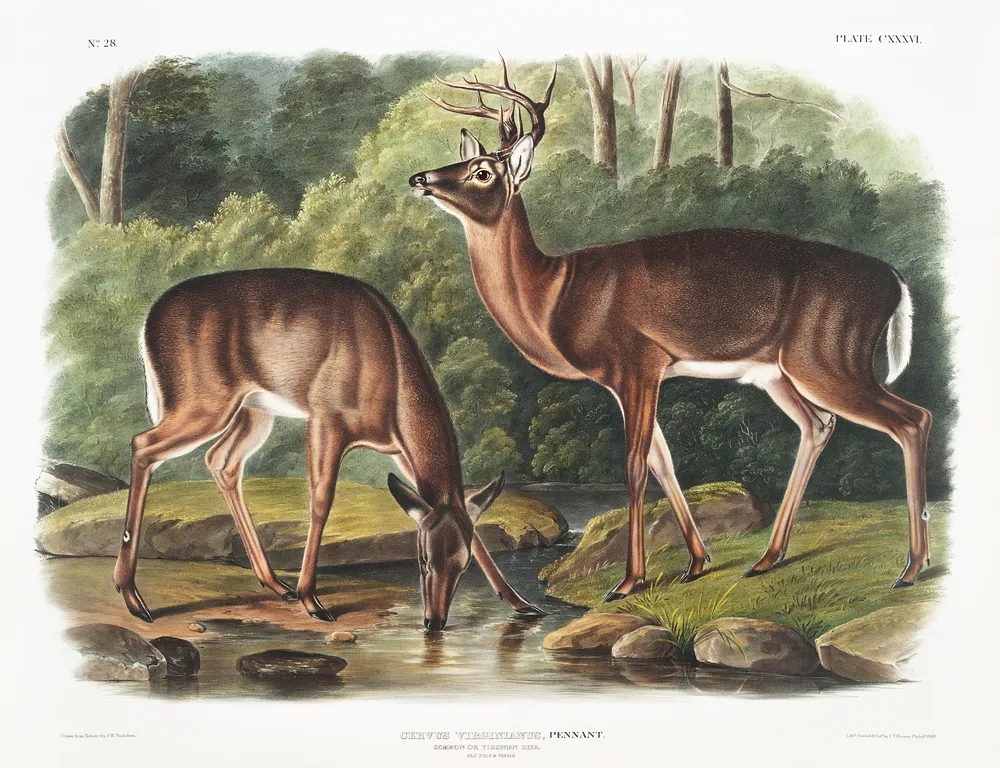Featured
Produced through a partnership between Canopy Forum, the Indigenous Values Initiative (IVI), and Syracuse University

Produced through a partnership between Canopy Forum, the Indigenous Values Initiative (IVI), and Syracuse University, this series of essays brings together religion scholars, legal scholars, and Indigenous activists to explore the problematic legacy of Johnson v. M’Intosh (1823) and the 15th century Doctrine of (Christian) Discovery – a legal and religious rationale by which European powers claimed the right to discover and claim lands inhabited by non-Christian peoples.
Published: 27 January 2026
INTRODUCTION #
Produced through a partnership between Canopy Forum, the Indigenous Values Initiative (IVI), and Syracuse University, this series of essays brings together religion scholars, legal scholars, and Indigenous activists to explore the problematic legacy of Johnson v. M’Intosh (1823) and the 15th century Doctrine of (Christian) Discovery – a legal and religious rationale by which European powers claimed the right to discover and claim lands inhabited by non-Christian peoples. Focusing primarily on the 19th through the 21st centuries, these essays illustrate how Johnson and the Doctrine of Christian Discovery have global import to Turtle Island (especially the United States and Canada) and Aotearoa (New Zealand).
About #
Grounding this conversation in the Two Row Wampum method, the editors of this series have worked to include both Indigenous and non-Indigenous voices so we can journey side by side without violating the waters down the river of life. We recognize the urgency and need for more inclusion of indigenous voices to reaffirm our proper relationship with the natural world in the staid disciplines of religion, law, history, anthropology, and cultural studies. We hope this series inspires generative conversations around Johnson and the Doctrine of Christian Discovery.
Articles

In our journey of dismantling the Doctrine of Discovery and its horrible legacy, there is a recurring argument from the Catholic church and its supporters, that there is no need for the church to formally rescind, for it has already done so through the papal bull Sublimis Deus. I have previously provided a brief overview as to why this argument does not hold true, and for those who wish to dive a little deeper into this history, now offer further discussion below.
![]() Tina Ngata
Tina Ngata
The U.S. Government’s Claim of a Right of Domination

Joseph Story is regarded as a genius and a giant in the legal profession. His continuing influence on American law was demonstrated for me some years ago when I attended a talk that Justice Antonin Scalia (1936-2016) delivered at the University of San Diego (USD) School of Law.
![]() Steven T. Newcomb
Steven T. Newcomb
What Doctrine of Discovery Statements of Religious Repudiation Reveal

Nations formulate doctrines that define and guide their relations toward other nations. The Monroe Doctrine, and the Truman, Carter, and Bush Doctrines are American examples. As nations in Christendom in the 15th century had the wherewithal to explore the world by sea, popes formulated a doctrine to shape their relations with the lands and people the explorers would encounter.
![]() Arden Mahlberg
Arden Mahlberg
How we met the Doctrine of Discovery. A Maya commentary - Doctrine of Discovery
It was an ordinary evening on October 9, 2018 when, scrolling down my mouse wheel randomly looking at posts on Facebook something suddenly caught my attention: A post launched an invitation from the Mennonite Coalition for the Dismantling of the Doctrine of Discovery to join a Christian lament in the United States. The post invited lamenting of the Doctrine of Discovery (DD) and encouraged reflection on its consequences for the lives of Indigenous Peoples today.
![]() Manuel May Castillo
Manuel May Castillo

This shameful, land mark decision by the Supreme Court was issued just three weeks after the filing of the Onondaga Nation’s Land Rights Action. It was a remarkable decision in several ways and although it was not a land claim or a land rights action, it resulted in negative impacts on the Haudenosaunee land cases, as it has been used as the excuse to dismiss the then pending Oneida, Onondaga and Cayuga land rights cases.
Joseph J. Heath
Reappraising the Doctrine of Discovery

Again, were we to inquire by what law or authority you set up a claim [to our land], I answer, none! Your laws extend not into our country, nor ever did. You talk of the law of nature and the law of nations, and they are both against you. ~ Corn Tassel (Cherokee, 1785)
David E. Wilkins, Ph.D
Indigenous Consent: A Right Rooted in the Doctrine of Discovery

Indians being the prior occupants, possess the right to the soil. It cannot be taken from them unless by their free consent…. To dispossess them in any other principle, would be a gross violation of the fundamental laws of nature” (Henry Knox, Secretary of War, 1789).
![]() Urszula Piasta Mansfield
Urszula Piasta Mansfield
Lyng v. Northwest Indian Cemetery Protective Association, 485 U.S. 439

In 1988 the United States Supreme Court declared constitutional the federal government’s development plan in the High Country, aboriginal homeland of the Karuk Nation of Northern California, sacred to them as well as to the Yurok and Tolowa Nations, and managed today by the US Forest Service as the Six Rivers National Forest among the Siskiyou Mountains. The Court admitted that “it is undisputed that the Indian respondents’ beliefs are sincere and that the Government’s proposed actions will have severe adverse effects on the practice of their religion.” Nevertheless, because the disputed area was on public land, the Court thought that the government should be allowed to manage its property in any way it saw fit, regardless of the severe adverse effects on the religious practice of the three Indigenous nations. A lot has been written about this case, Lyng v. Northwest Indian Cemetery Protective Association, but here I would like to focus on the Court’s reasoning, that this is government property and therefore cannot be protected as Indigenous sacred land with accordance with the religion clauses of the First Amendment to the US Constitution. Justice Sandra Day O’Connor, writing for the majority, declares that “whatever rights the Indians may have to the use of the area—those rights do not divest the Government of its right to use what is, after all, its land.
![]() Dana Lloyd
Dana Lloyd
Animal Nations and the Doctrine of Discovery

Democracy: 'Democracy didn’t come across on the Mayflower. Indeed not. Nor with the Niña nor Santa Maria. Certainly not. Democracy was here. It was in full flower. It was rampant. It was all over. All nations were free, and that includes the buffalo nation, that includes the fish nations and the nations of trees. They were all free.'
![]() Tracy Basile
Tracy Basile
On this Page
Information


